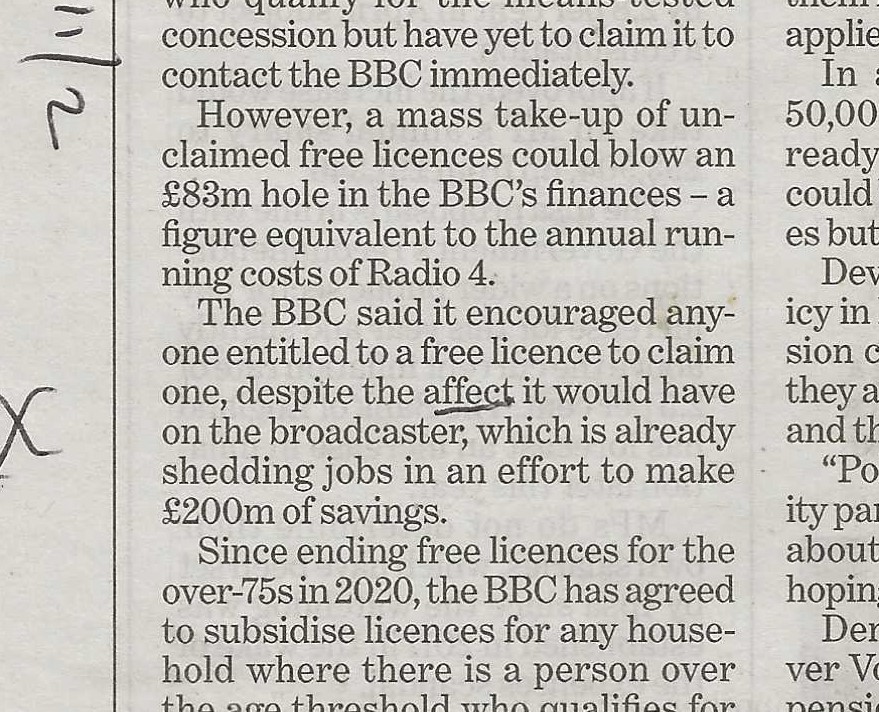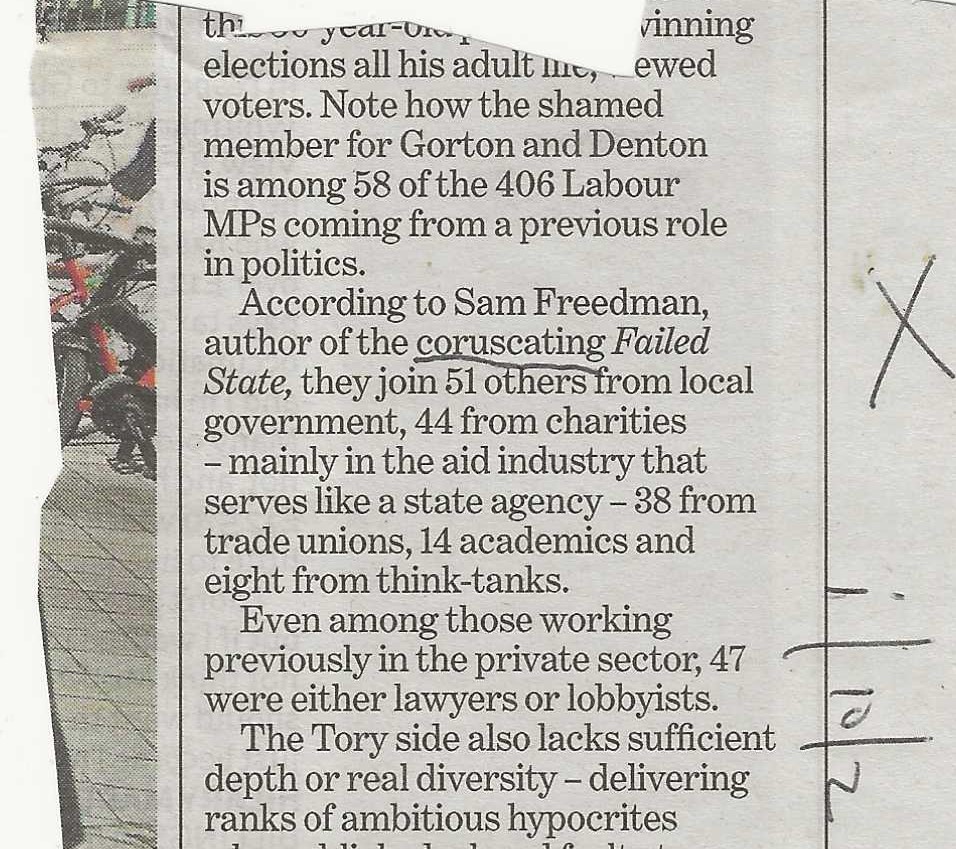It has caused chaos across the region, with places like the Philippines and Hong Kong among those affected
BBC News online, September 24, 2025
What places are like the Philippines and Hong Kong? Instead of ‘like’, use ‘such as’ or ‘including’. In this case it is redundant: a better phrasing would be ‘with the Philippines and Hong Kong among affected places’.






